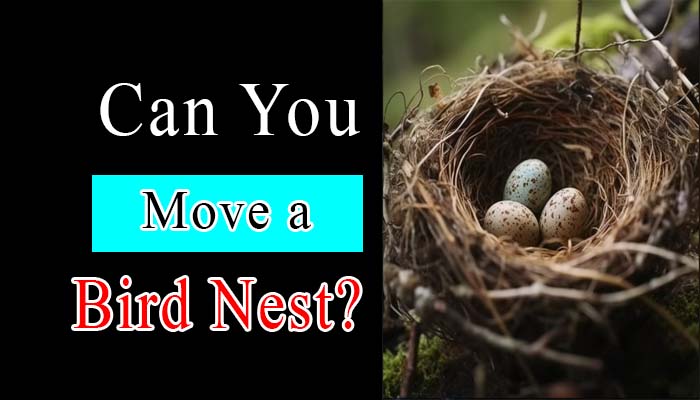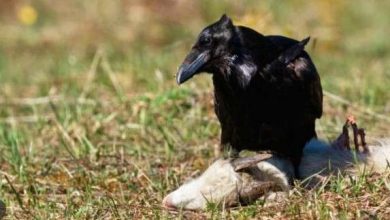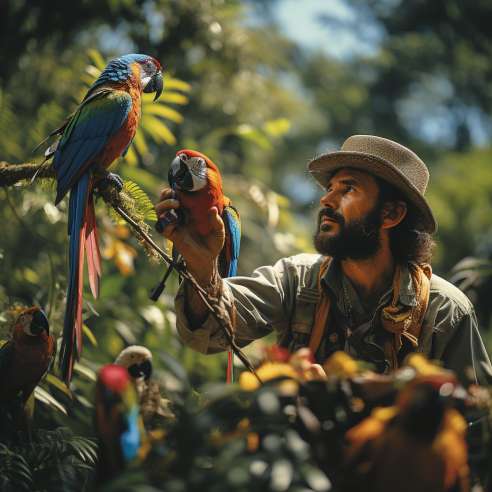Can Birds Get Rabies? Feathered Friends and Fear
As an experienced ornithologist, I’m here to shed light on a question that often pops up – Can birds get rabies? While rabies is commonly associated with mammals, this article will explore the fascinating world of avian physiology and the possibility of birds contracting this deadly virus.
Understanding Rabies
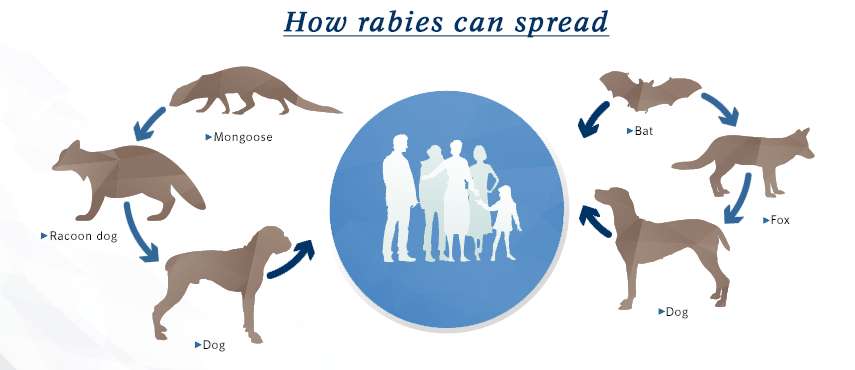
Rabies is a viral disease affecting warm-blooded animals’ nervous systems, including humans. It is primarily transmitted through the bite of an infected animal, usually a mammal. The virus targets the central nervous system, leading to severe neurological symptoms and, unfortunately, a high fatality rate.
Also Read: Best Bird Seed For Bay Area
Avian Physiology and Rabies
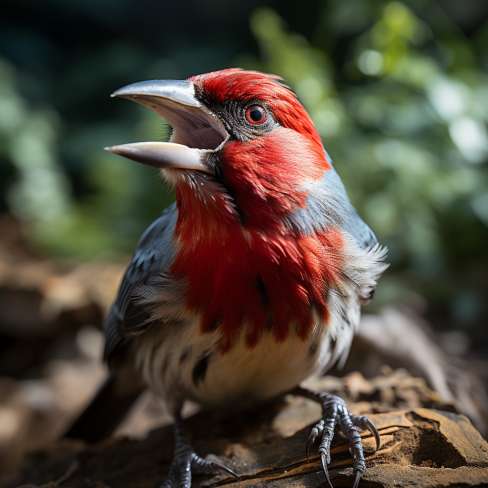
Birds possess a unique physiological makeup compared to mammals. Their body temperature is higher than that of mammals, which can influence how the rabies virus behaves within their system. While birds can contract other diseases, their distinct physiology suggests they might be less susceptible to rabies.
Historical Cases and Studies About Bird and Rabies
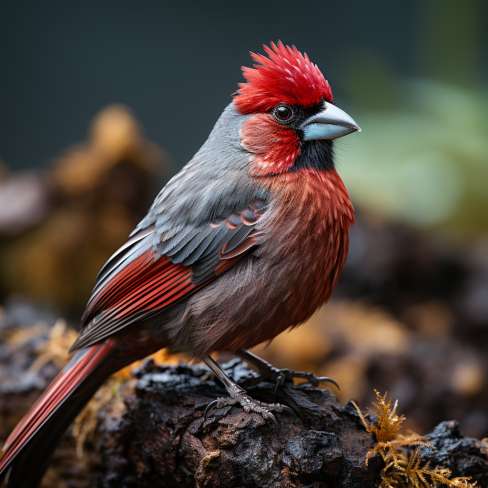
Throughout history, there have been limited documented cases of rabies in birds. These instances have been rare and often linked to exposure to rabid mammals. Scientific studies have indicated that the virus might struggle to establish a foothold in avian hosts due to the differences in their nervous system compared to mammals.
Also Read: Can Birds Fly Without Feathers?
Can Birds Get Rabies?
No, birds cannot get rabies. Rabies is a virus that can only infect mammals, which are warm-blooded animals with fur. Birds, snakes, and fish are not mammals, so they cannot get rabies.
There have been a few rare cases of birds being experimentally infected with rabies, but these birds did not show any disease symptoms and eventually recovered. This suggests that birds may have some natural immunity to rabies.
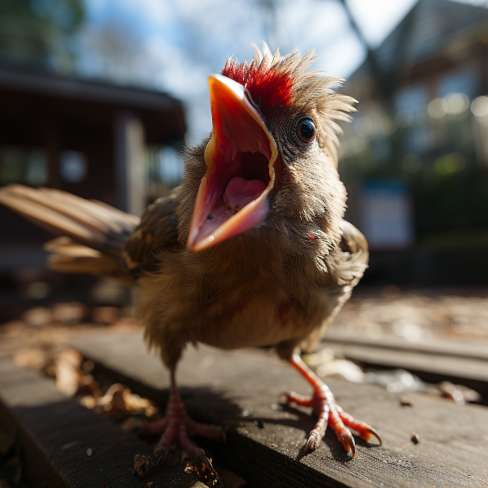
The reason why birds are not susceptible to rabies is not fully understood. One possibility is that the rabies virus does not attach well to the cells of birds. Another possibility is that birds’ immune systems can better fight off the rabies virus.
It is important to note that even though birds cannot get rabies, they can still carry the virus in their saliva. If a bird bites you, you could still get rabies if the bird’s saliva comes into contact with your open wound. However, the risk of this happening is minimal.
Bird Behavior and Rabies
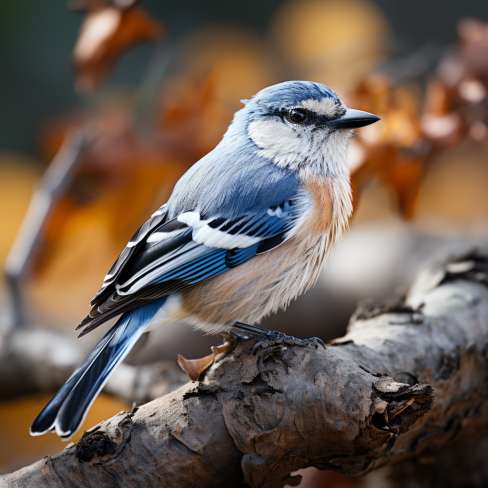
Birds’ behaviors, such as preening and grooming, could expose them to rabies if they come into contact with the saliva of an infected animal. While this is a theoretical possibility, practical cases of avian rabies are still extremely rare. Observing unusual behavior in birds, such as aggression or disorientation, can be a signal for further investigation.
FAQs About Rabies in Birds
Can birds contract rabies from other infected animals?
While it’s theoretically possible, documented cases are exceedingly rare. Birds are more likely to contract diseases specific to their species rather than rabies from mammals.
Are birds less likely to contract rabies due to their body temperature?
Yes, birds’ higher body temperature can inhibit the rabies virus’s replication and survival within their system.
Has any bird species been proven to carry the rabies virus?
There is no concrete evidence of any bird species being a significant carrier of the rabies virus.
Which animals carry rabies?
Rabies is common in mammals, especially raccoons, bats, skunks, and foxes.
Can parrots get rabies?
Like other birds, parrots could theoretically contract rabies through exposure to infected saliva. However, this remains a rare occurrence.
Conclusion
The likelihood of birds contracting rabies is relatively low due to their unique physiology and behaviors. While historical cases and theoretical possibilities exist, actual instances are rare. Understanding the dynamics between avian hosts and the rabies virus contributes to our broader knowledge of wildlife health and disease transmission.

